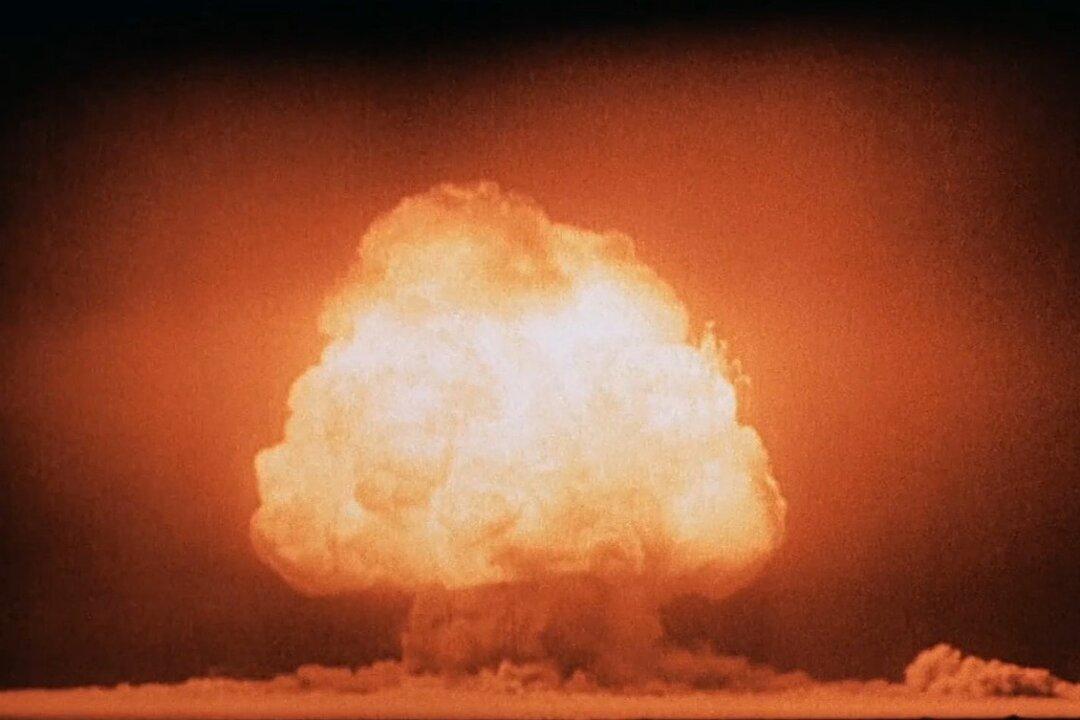New Mexico residents who were exposed to radiation from the world’s first atomic bomb test and Navajo miners who later mined uranium during the Cold War may get compensation after decades of complaints.
The exposure to radiation has allegedly left generations of local residents with serious health problems.





